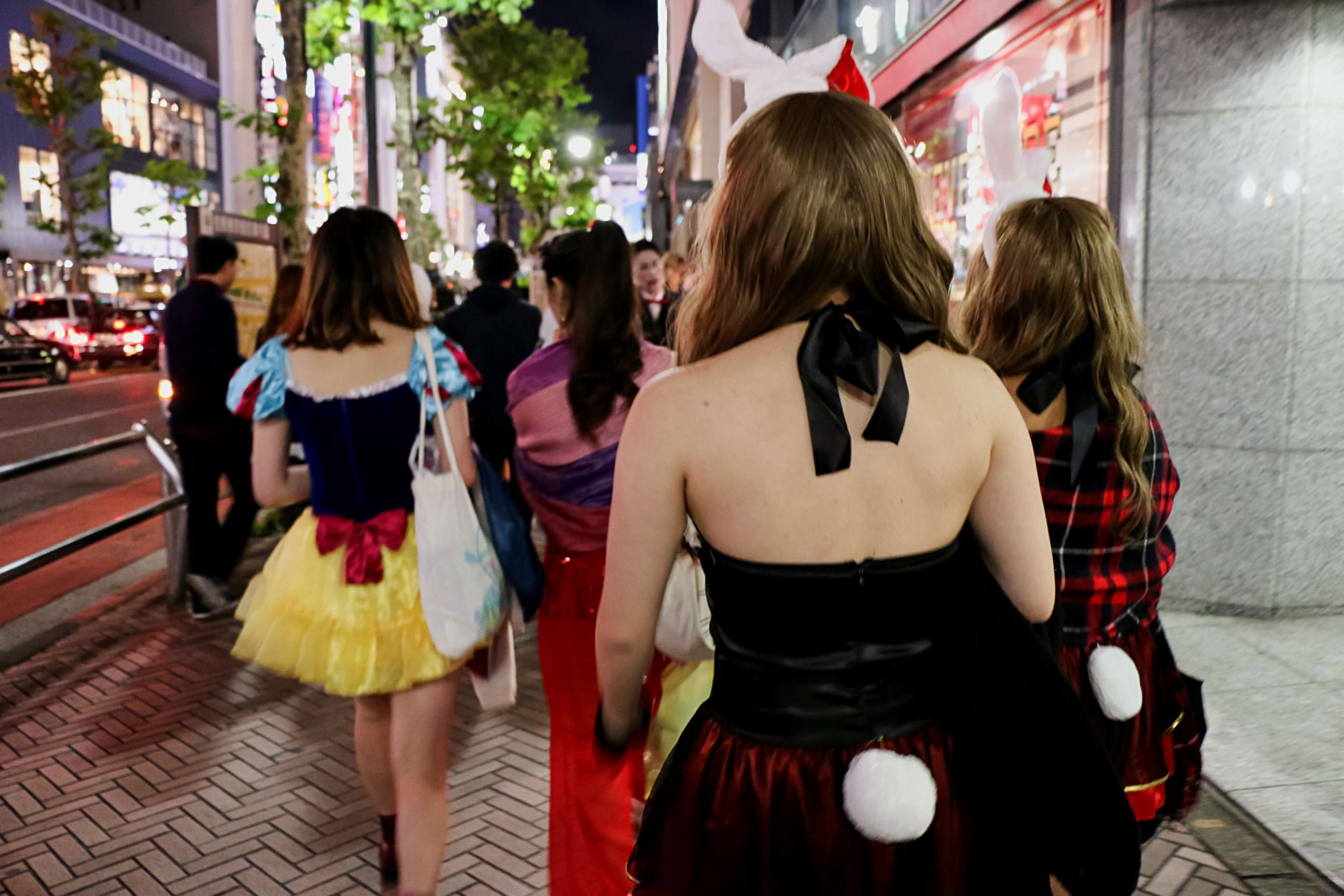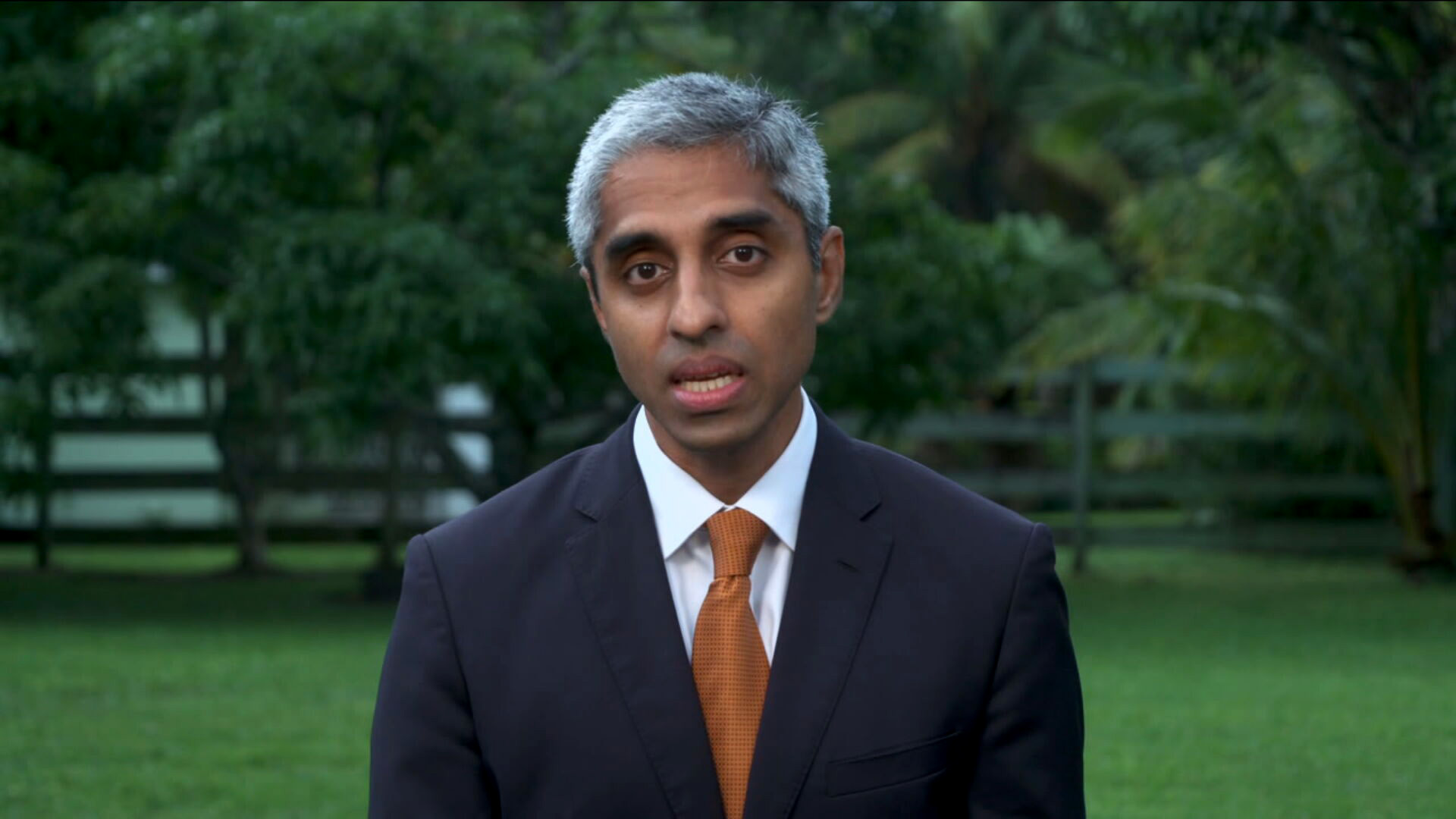COVID-19 cases tied to Halloween gatherings
As the leftover candy stash runs low in American households across the country, several state officials and school authorities have begun citing coronavirus outbreaks related to Halloween, less than two weeks after the fall holiday.
Throughout the pandemic, social gatherings and crowded venues, juxtaposed to the highly infectious virus, have resulted in a widespread escalation of COVID-19 cases across the country. Prior to Halloween, the CDC and other health experts had repeatedly warned Americans about the risk of contracting COVID-19 during the holiday, and in particular, at indoor costume gatherings.
Despite these warnings, some people still flouted recommendations.

Although several large events made headlines, such as a gathering in Utah, which reportedly attracted thousands of costumed attendees, other smaller events in private homes and dorm rooms seemingly slipped under the radar.
And now, officials say those events may be contributing to the surging COVID-19 case numbers seen in communities across the country.
As Oregon recorded its highest daily case figure on record on Thursday, health officials said that this week's rising case numbers could be traced to Halloween-related events; specifically, several small social gatherings, as well as a party with more than 100 people in attendance.
During a press conference earlier this week, California Gov. Gavin Newsom also said officials believe the state's recent increase in cases may be tied to Halloween celebrations. And as cases rise in Vermont, which has maintained relatively low COVID-19 case numbers throughout the pandemic, some COVID-19 clusters and outbreaks have been traced back to Halloween parties.
In Missouri's St. Louis County, a Halloween party has led to at least five positive COVID-19 cases, with possibly 200 high school students exposed to COVID-19, according to local officials, and following an increase in cases, the city of St. Louis Mayor Lyda Krewson announced new restrictions Thursday on private gatherings.
In New York, Suffolk County Executive Steve Bellone tied his community's "disturbing" rise in coronavirus cases to Halloween gatherings. Another county official in Onondaga County, New York called the recent COVID-19 uptick "the Halloween surge."
Colleges have also found themselves facing the consequences of students' desire to celebrate the holiday, as COVID-19 clusters pop up on campuses. In the last week, Tulane has reported over 300 new coronavirus cases, which the college president said were the result of "poor decisions" over the Halloween weekend.
The University of Tennessee-Knoxville has also identified a COVID-19 cluster connected to an off-campus gathering on Halloween.
Although it is ultimately difficult to measure how much these gatherings are actually contributing to the exponential surge the U.S. is currently experiencing, it is clear that when mitigation efforts are not followed at celebrations, COVID-19 cases may likely follow -- a worrisome trend heading into the winter holidays.
ABC News' Arielle Mitropolous and Ali Dukakis contributed to this report.





